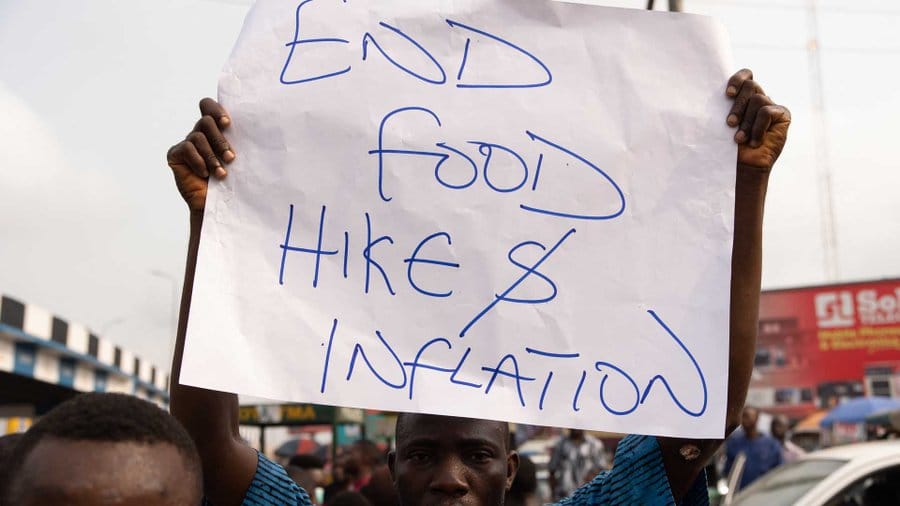ABUJA,Nigeria — Public workers across Nigeria commenced an indefinite nationwide strike on Monday, following unsuccessful negotiations on the minimum wage and concerns over recent increases in electricity tariffs. The strike has brought several government services to a halt, raising tensions in Africa’s most populous nation.
The decision to strike came after the Nigerian Labour Congress (NLC) and the Trade Union Congress (TUC) declared that the government’s refusal to meet their demands on the minimum wage left them with no choice but to take industrial action. The workers are also protesting against the hike in electricity tariffs, which they say has exacerbated the financial burden on ordinary Nigerians.
Ayuba Wabba, president of the NLC, announced the strike action after failed negotiations with the government, stating that workers were left with no other option. “We have been patient, we have negotiated in good faith, but the government’s refusal to meet our demands on the minimum wage and the unjustified electricity tariff hike has forced us to take this action,” Wabba said.
The strike has affected various sectors, including healthcare, education, and public transportation, causing widespread disruptions. Hospitals are operating with skeletal staff, schools have shut down, and public offices are closed.
In response, the Nigerian government has urged workers to return to their posts, promising to address their concerns. However, Labour Minister Chris Ngige emphasized the need for dialogue and warned that the strike could further harm the country’s fragile economy. “We are open to continued negotiations, and we urge the unions to consider the broader impact on the nation and its citizens,” Ngige said.
The electricity tariff hike, which took effect earlier this month, has been a significant point of contention. Many Nigerians have reported an increase in their electricity bills, putting additional strain on households already struggling with high living costs. The government argues that the tariff hike is necessary to attract investment into the power sector and improve electricity supply.
Meanwhile, the minimum wage issue has been a long-standing dispute. The NLC and TUC are demanding an increase from the current 30,000 Naira (approximately $78) to 50,000 Naira (approximately $130) per month, citing rising inflation and cost of living. The government has expressed concerns over its ability to meet these demands without affecting the national budget and other economic programs.
The strike has drawn mixed reactions from the public. Some support the workers’ demands, arguing that the minimum wage is insufficient to cover basic living expenses. Others are concerned about the potential economic fallout and the disruption of essential services.
“We understand the workers’ plight, but the strike is causing too much hardship for ordinary Nigerians,” said Lagos resident Adeola Abimbola. “There needs to be a balance between addressing workers’ demands and ensuring that the country functions smoothly.”
The international community is also watching the developments closely, with several foreign missions in Nigeria issuing advisories to their citizens, warning them of potential disruptions and urging caution.
As the strike continues, the Nigerian government faces mounting pressure to find a resolution. The outcome of this standoff will likely have significant implications for President Muhammadu Buhari’s administration.
https://www.africanexponent.com/nigerias-public-workers-launch-nationwide-strike-over-minimum-wage-dispute-and-electricity-tariff-hikes/


